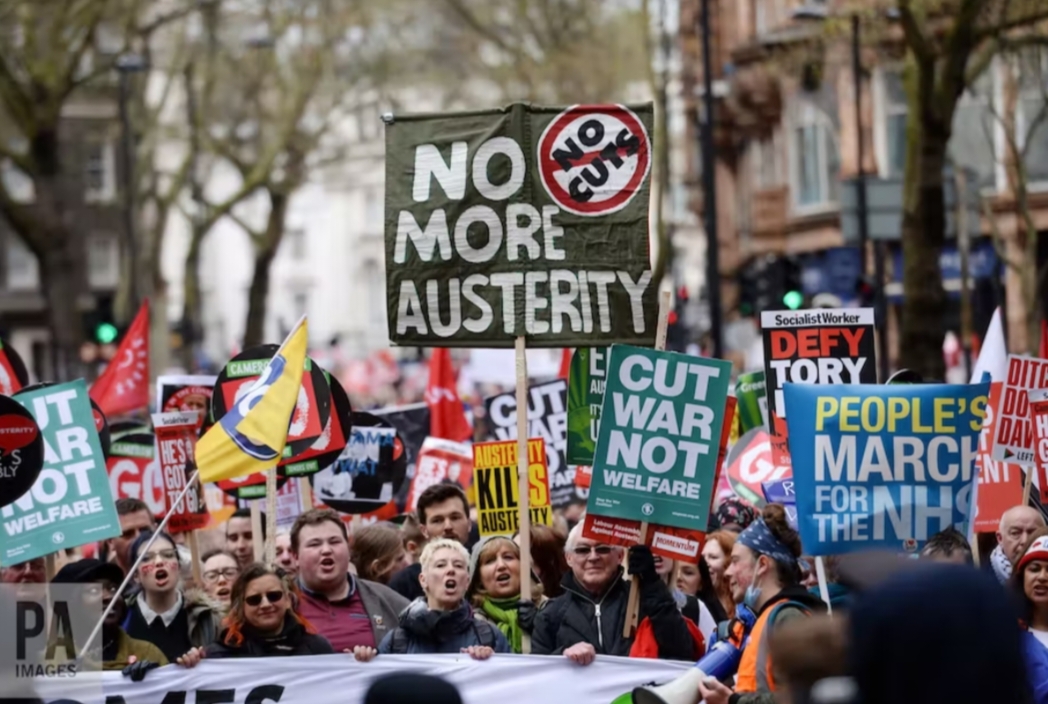
The UK is facing a severe economic and health crisis due to the ongoing pandemic and its effects on the labor market, with long-term sickness claims rising by 500,000 since 2019. British shoppers have slashed their spending due to rising prices, energy bills, and the cost-of-living crisis.
The rate of UK unemployment has risen to 3.6% as the financial crisis continues to torment, with supermarkets rationing sales of fruit and vegetables due to a shortage. The high-rate hikes in India have posed a risk to the UK economy, with the BoE (Bank of England) raising interest rates to 4% as the cost-of-living crisis has pushed mothers to the brink.
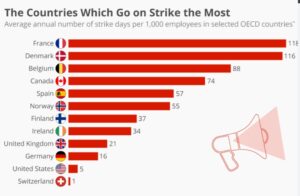
The UK has seen an unprecedented number of strikes and industrial action in the past year, with workers staging walkouts overpay and working conditions. The British Medical Association (BMA) union said, “junior doctor roles had been underpaid for years”. Border Force staff have also staged strikes in Calais, Dunkirk, Coquilles Channel Tunnel Terminal and the Port of Dover in 2022, while ambulance staff, teachers and civil servants have held their own walkouts.
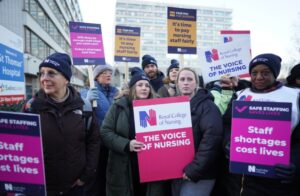
London Underground staff and members of the Aslef and RMT unions also went on strike, causing disruption to services and travel. Nurses went on strike in England in December 2022 for the first time in 106 years.
The UK lost more working days to strikes in 2022 than any year since 1989, with almost 2.5 million days lost between June and December. This is due to higher wages being demanded by workers to cope with rising living costs and the government’s refusal to grant higher pay awards.
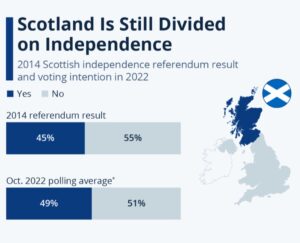
Severe economic crisis and multiple strikes after BREXIT has given rise to Scottish independence moment. The movement for Scottish independence has been gaining traction in recent years, particularly since the UK’s decision to leave the European Union. The 2014 Scottish independence referendum saw 55.3% of voters rejecting independence, but a second referendum has been proposed. Polls suggest that support for independence is currently at 49%, with 51% against, once “don’t know” votes are excluded. However, the UK government insists it will not grant formal consent for a referendum.



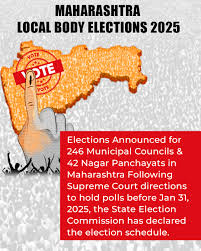


1 thought on “UK crisis: Strikes and Economic crisis brings UK to its knees”